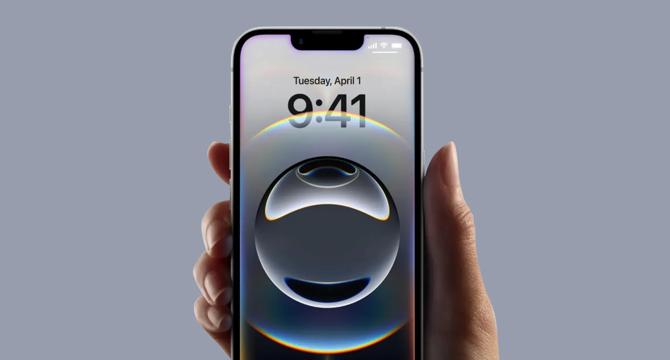Gadget Flow
4w
240

Image Credit: Gadget Flow
Google Pixel 9a vs. iPhone 16e: Which budget phone is best in 2025?
- In 2024, Google achieved its highest-ever smartphone volumes by focusing on smart AI features and budget models, despite not penetrating the high-end market dominated by Apple and Samsung.
- The Google Pixel 9a and iPhone 16e are pitted against each other in terms of design, where the Pixel 9a offers a flat design and plastic back, while the iPhone 16e features a modern look with an aluminum body and glass front and back.
- When it comes to performance, the Pixel 9a offers Qi wireless charging with a 5,100 mAh battery, while the iPhone 16e impresses with 26 hours of video playback and better battery life.
- Both phones offer decent gaming performance, with the iPhone 16e having a slight edge over the Pixel 9a, especially in more demanding games like Genshin Impact.
- In terms of the camera, the Pixel 9a excels with dual rear cameras, including an ultrawide lens, while the iPhone 16e only includes a single 48MP rear lens.
- Google's Pixel 9a wins with its AI features and software support, offering 7 years of OS upgrades and security patches compared to Apple's five years of service and parts support.
- Despite being priced similarly, the Pixel 9a and iPhone 16e cater to different preferences, with the Pixel focusing on camera variety and software features, while the iPhone excels in premium feel and performance.
Read Full Article
14 Likes
For uninterrupted reading, download the app